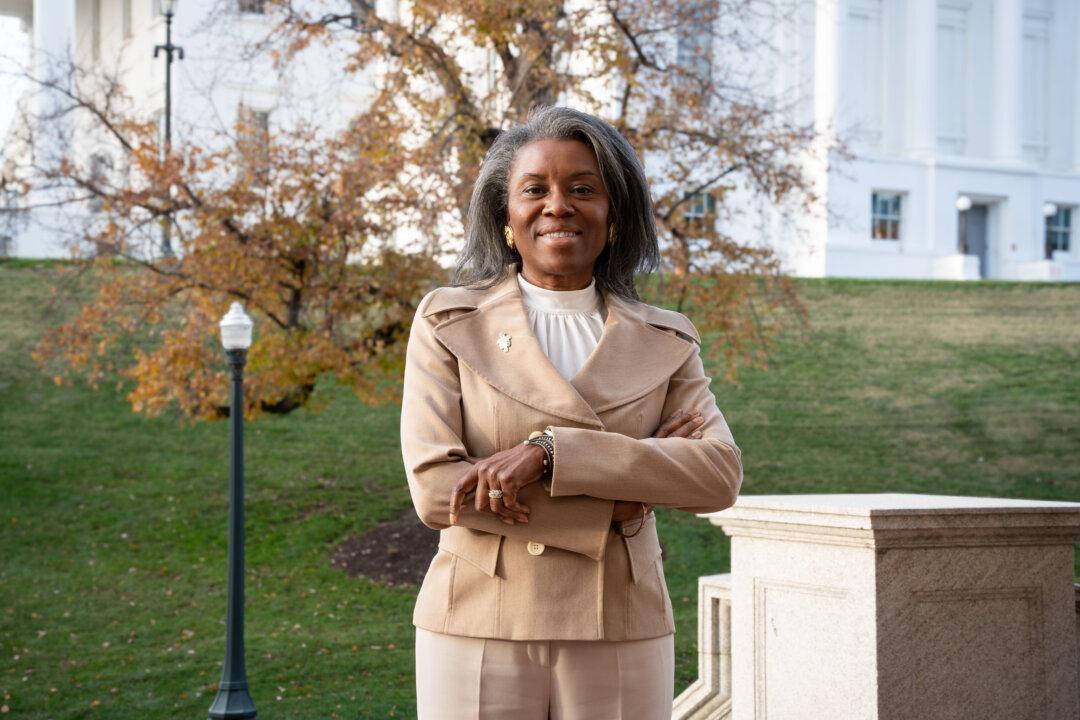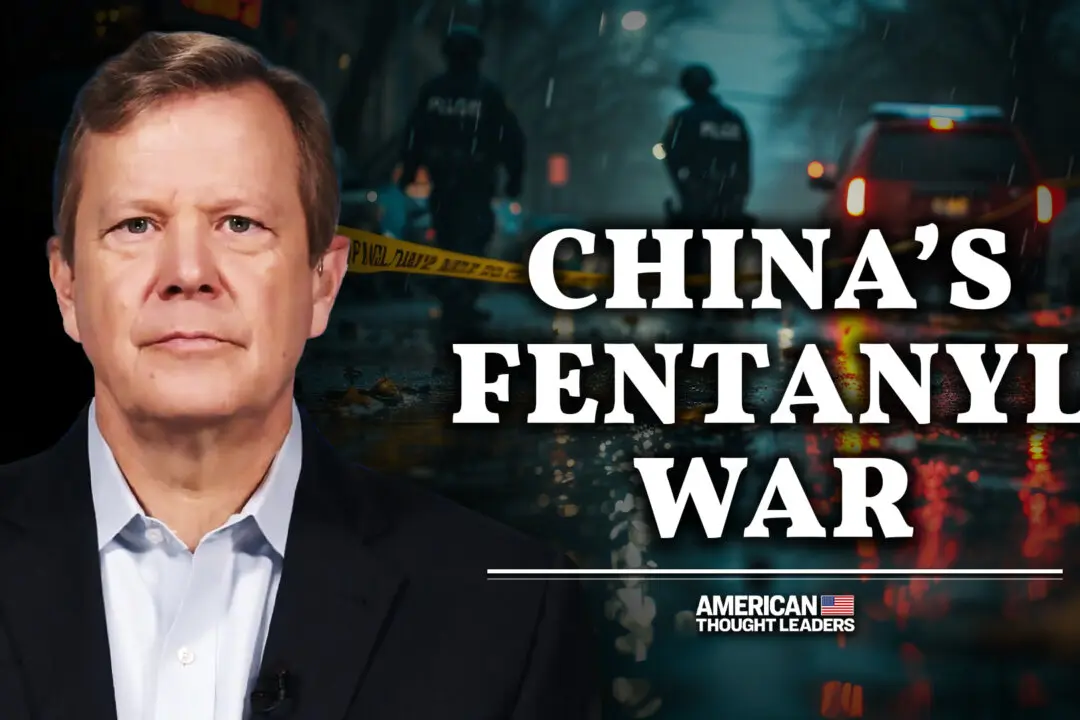Lt. Gov. Winsome Sears discusses how her story overturns political narratives and proves that America is still a nation where you can make your own success.
Jan Jekielek: I’ve really been enjoying your autobiography. Your grandmother and my grandmother had something in common. I would say an interest in helping others above and beyond.
Lt. Gov. Winsome Sears: My grandmother started with nothing. When you read the book, you'll see that she was born in a one-room hut, and it’s still there today. It’s got boards of all shapes and sizes and colors on the building. I say to myself, “This is a reminder of where I’ve come from. We can’t afford to get too big for our britches.”
She was a one-woman force. This is just the woman she was, and you think when you grow up, you'll never do that. But the seed was planted, and you find yourself wanting to help others.
Mr. Jekielek: The term “not black enough” comes up a lot in your book. What is this thing?
Lt. Gov. Sears: It’s a divisive type of argument. It has happened, especially during my first run for election, because I’m a Republican and I’m black. I guess I’m supposed to be a Democrat if I’m black. But this is America, and nobody tells us what we’re supposed to be and how we’re supposed to be. We make those decisions for ourselves. But for some people, it’s all about political power.
If you can keep all of us in one basket, then we need you as our political savior. I don’t need a savior; I already have that. I need the government to get out of my way so I can accomplish things. This is America. My dad came to America with $1.75. Yet he succeeded and is comfortably retired now.
Mr. Jekielek: At a time when there were some pretty serious barriers for him, right?
Lt. Gov. Sears: This was in 1963, 17 days before Dr. King gave his “I Have a Dream” speech. Think about that. He, as a black man, having been told what to expect in America, begged to come to America. He thought this was where he could restart his life. Then he brought me.
You know who else knows that America is the place to be? The people at the southern border. They’re literally throwing their children over the fence to plant them in American soil. Now, I say that you have to do it the right way. We have to know who’s entering the country. We have to give you permission. But they believe that if they get their foot on American soil, their opportunities and everything else will be for the better. They’re not believing that we are racist or sexist.
Here I am, second in command in the former capital of the Confederate States. Don’t tell me America hasn’t changed. Now, are there problems? Of course, but there are problems in other countries. There is no utopia. But America is the best we’ve got, and we’re going to keep her.
Mr. Jekielek: Talking about immigration, is this an issue for Virginia?
Lt. Gov. Sears: As we know, there really are no more border states per se because the immigrants don’t stay in Texas and Florida and New Mexico. This impacts all of us.
Fentanyl, which is coming across the border, from China especially, is killing at least nine Virginians every day. We have other types of drugs coming through. We have crime that’s affecting us because of people coming through the border. There are terrorists who have come through the border, and now I understand the FBI and the CIA are trying to locate some of them. Sex trafficking and child trafficking are happening.
We’re all affected, and we have to know who’s in the country. A country without borders is not a country, after all.
Mr. Jekielek: You were the first woman lieutenant governor of Virginia, the first black woman, the first naturalized female citizen, an immigrant from Jamaica, and the first female veteran elected to statewide office. That’s a lot of firsts, but I don’t see that being celebrated as one would expect.
Lt. Gov. Sears: It’s a political thing, again, because I am destroying narratives. It is said that Republicans hate immigrants. Well, here I am. It is said that Republicans hate black people. Well, here I am. It is said that Republicans are not loving of women in general. Well, here I am. I am destroying all those narratives.
I try to tell whoever will listen that you must dictate your own life. You have to take responsibility. It’s your life. I didn’t go to college until I had three children under 5. I’m saying you can do this. My win is not so celebrated, but it’s not necessarily a win for me; it’s a win for everyone. “If Winsome can do it, then I can do it too.” That’s the uplifting message.
Mr. Jekielek: You’re a fierce Second Amendment advocate, and you were clear about that from the outset.
Lt. Gov. Sears: The fastest-growing segment of gun owners are women, black women especially. When I call 911, I want to know somebody is coming to help me. But in the meantime, what do I do? If the intruder has a gun, what do I do? I need protection while I’m waiting. We have to be able to protect ourselves.
Mr. Jekielek: Any thoughts as we finish?
Lt. Gov. Sears: It’s your life, so live it to the fullest. Help others as you’re coming along. Fear will always be with us, but courage is not the absence of fear. Courage is doing it even as you are afraid. You take those shaking knees of yours and you go do it.
This interview has been edited for clarity and brevity.








